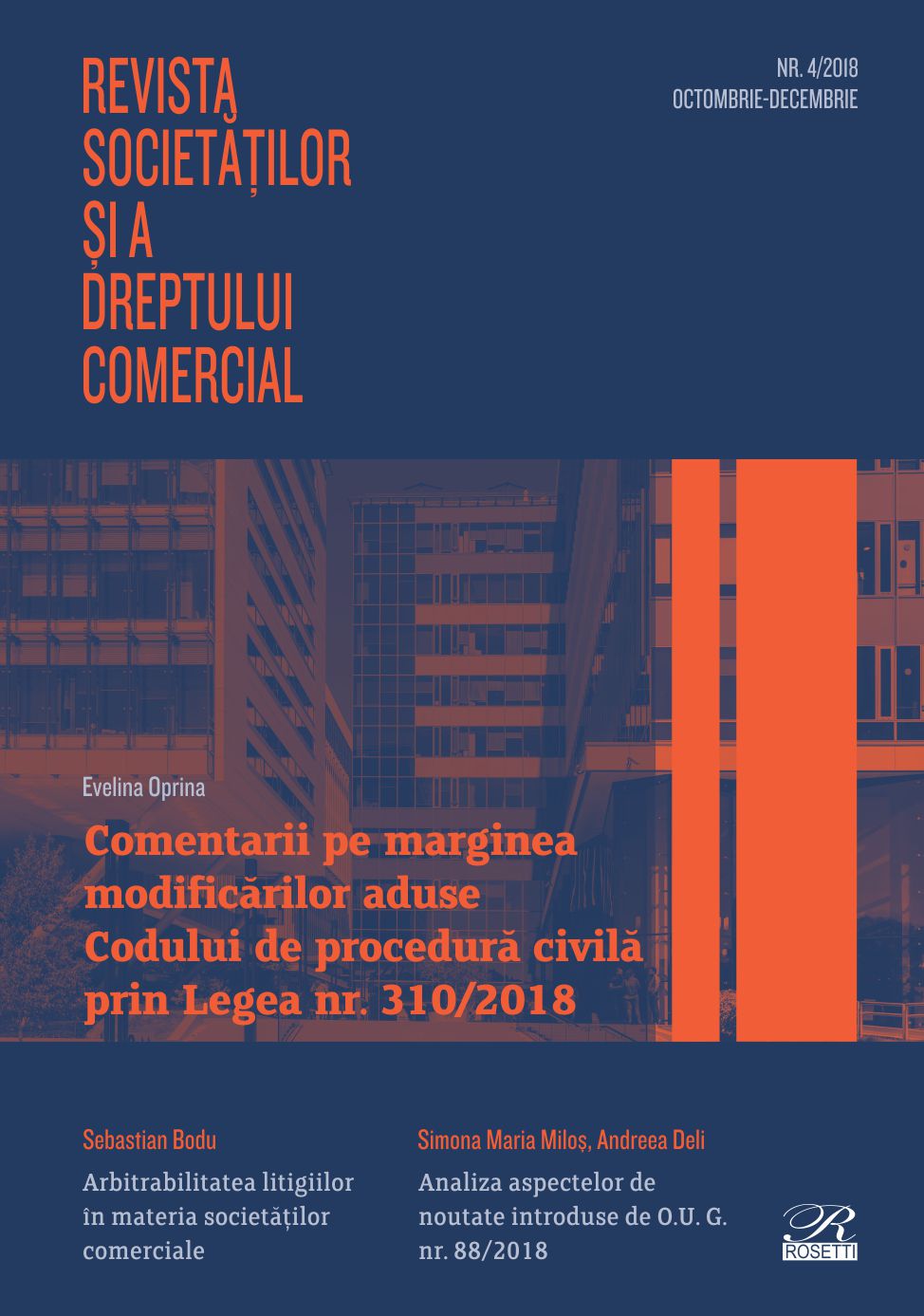ACŢIUNEA 1 – Rezolvarea Provocărilor Fiscale aduse de Economia Digitală
Action 1 – Solving the fiscal provocations raised by the digital economy
Author(s): Bogdan StoicescuSubject(s): Law, Constitution, Jurisprudence, Court case
Published by: Editura Rosetti International
Keywords: BEPS; Digital Economy; IECD; Permanent Establishment; Tax Evasion; VAT; Corporate income tax; Indirect tax; fiscal; automatic exchange of information; residency; place of consumption; B2B; B2C;
Summary/Abstract: Rezumat: Regulile impozitării veniturilor, a profiturilor, regulile de determinare a subiecţilor impozabili şi a dimensiunii venitului impozabil, mecanismele de impozitare cu TVA actuale nu mai sunt eficiente şi acoperă mai degrabă o parte tot mai limitată a tranzacţiilor economiei globale. Modelele de afaceri ale economiei digitale, care realizează venituri impozabile cu dinamica cea mai rapidă de creştere, nu pot fi urmărite şi fiscalizate corect şi la timp, acest fapt conducând atât la distorsiuni concurenţiale, cât şi la pauperizarea bugetelor naţionale. Rolul utilizatorului de servicii şi produse digitale nu a fost avut în vedere la arhitectura regulilor fiscal actuale, iar acesta este unul dintre elementele-cheie pentru urmărirea, identificarea, măsurarea şi fiscalizarea veniturilor din economia digitală, existând o fractură între locul unde valoarea este creată şi cel unde taxa este platită, dacă este plătită. Având în vedere că economia digitală devine tot mai mult economia în sine, este imposibil de îngrădit sau de izolat de societate pentru motive fiscale. Proiectul BEPS a identificat riscurile aferente economiei digitale şi acţiunile necesare pentru a limita şi combate aceste riscuri. Se au în vedere modificări ale prevederilor internaţionale pentru definiţia Sediului Permanent, pentru preţuri de transfer, pentru determinarea locului de impozitare cu TVA şi chiar a regulilor corporaţiilor cu control străin. Abstract: Current income tax rules, rules for identifying tax payers and size of taxable incomes, VAT taxation mechanisms for cross border tranzactions, are no longer efficient. They cover a lesser and lesser part of the global economy. Business models of digital economy which lead to taxable incomes with the greater dynamic escape from taxation, leading to competition issues and pauperizing states budgets. Digital services and products users’ role was not kept in mind when designing the last century tax rules, while such users are a key element when identifying, targeting, measuring and taxing digital incomes leading to a real fracture between the place where value is born and the one where tax applies, if any at all. Bearing in mind that digital economy becomes more and more the economy itself it is rather inefficient and impossible to ringfence it for merely tax reasons. The BEPS project identified the digital economy risks from where it surfaced action points to fight them. Governments and technical bodies will take international actions for amending definitions and treatments, including of Permanent Establishment, transfer pricing, VAT place of taxation and even CFC rules.
Journal: Revista Societăților și a Dreptului Comercial
- Issue Year: 2018
- Issue No: 2
- Page Range: 1-11
- Page Count: 11
- Language: Romanian
- Content File-PDF

